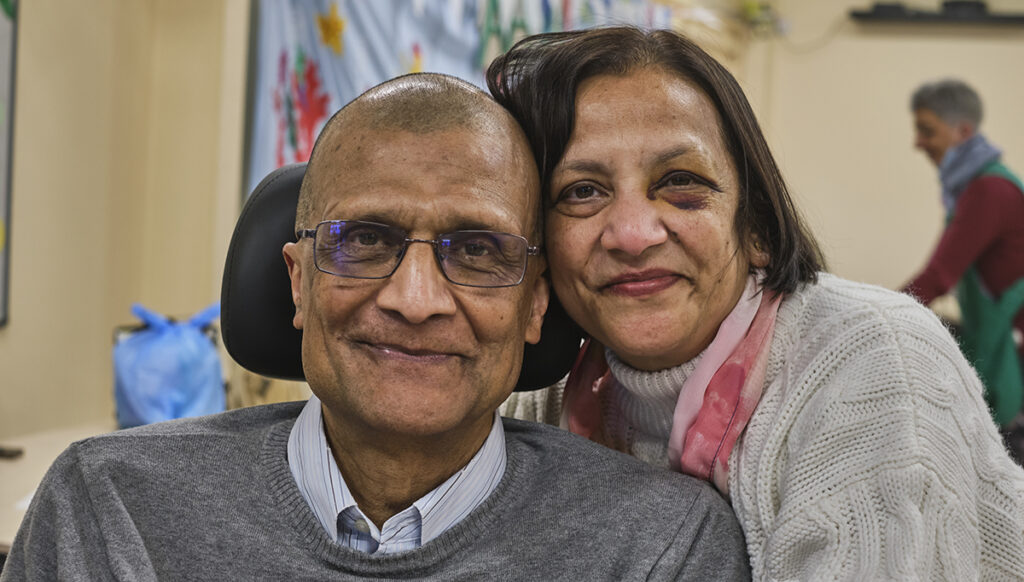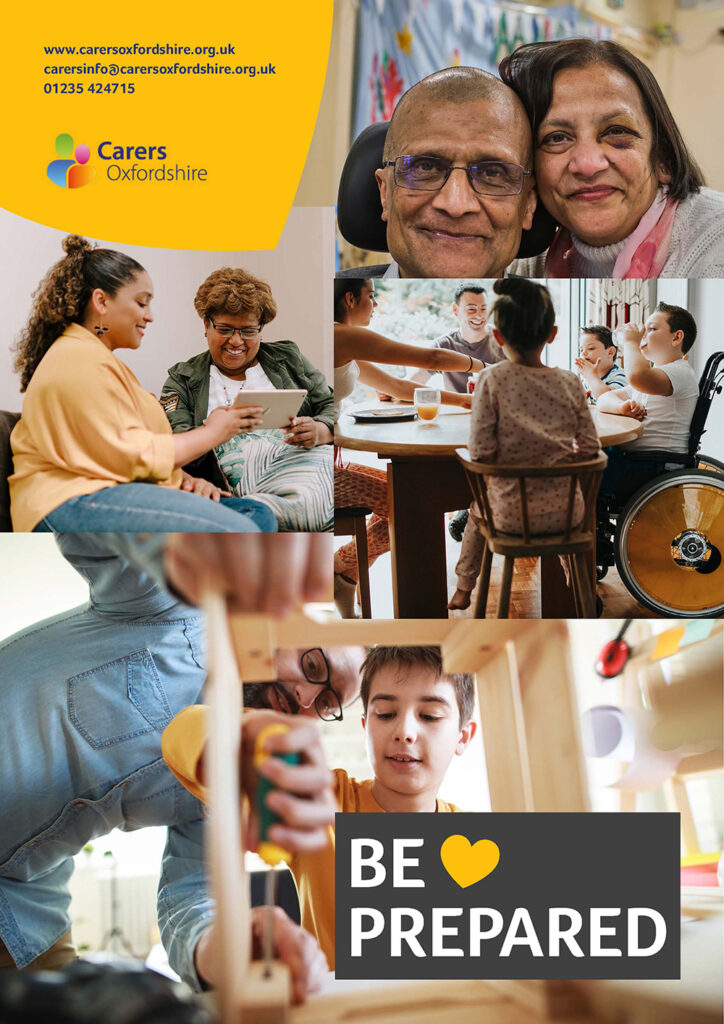Be prepared

When emergencies happen, our lives are often put on hold while we recover or get things sorted out. But if you’re a carer the person you look after will still need care and support even if you can’t provide it. Have you thought about what would happen if you suddenly became ill or had an accident and were unable to care?
We recommend preparing beforehand when you have the time to think about the best thing to do. Planning in advance will support you, the person you care for, and the NHS in an emergency. You will also feel better knowing you have done the best you can to manage the situation.
Create a plan
A key resource for being prepared is an Emergency Plan, which contains all the information about your caring role in one place. Where possible, create the plan with the person you care for and any family, friends and paid supporters who will be involved if an emergency happens.
We have created templates for you to fill out and let others know how best to support you and the person you care for. They include the contact details for yourself and the person you care for, emergency contacts, health conditions, legal requirements, medications, and medical equipment.
Be Prepared Plan Guidance
Be Prepared Carer Template
Be Prepared Cared for Template
They are editable PDFs, so you can fill them in online or print them and complete by hand. If you are caring for more than one person, make a separate plan for each of them to meet their individual needs.

Once your plan is complete, make copies and share them with people you trust, including your GP and emergency contacts. We recommend keeping a copy at home where emergency services can easily find it. You can also save a copy on your phone for when you are out and about. There is no need to send Carers Oxfordshire a copy.
More ways to be prepared
• Apply for a Carer ID and keep it with you when you are out.
• Register with your GP as a carer. Depending on the system used, this may show up when your medical records are accessed.
• Talk to any professionals who support you and the person you care for to be sure they understand what you do as a carer.
• Make it easy for emergency services to find who to contact on your phone. Name your emergency contacts ICE1, ICE2 etc.
• If there is a chance that the person you care for might need to go to the hospital with little warning, prepare a hospital emergency bag for them. You could also pack items for yourself if you need to accompany them.
Useful services
• Join Message in a Wallet – a support scheme run by Lions. It gives carers a small form to complete and keep in their wallet. It contains vital information in the event of an emergency while you are out and about. Contact us and we can send one to you
• Consider joining a Telecare scheme. Get an emergency call button installed. Use it in an accident or emergency to call care workers. They will be able to enter the house (using an external key safe). There is a charge for this service.
• Have a key safe installed outside your house and give access to your emergency contacts.
• Energy companies have registers of customers who would be most at risk if their energy was cut off. This includes people with illnesses or disabilities, families with young children and older people. Ask your energy company to add you to their Priority Services Register. This may provide priority in an emergency (this could include providing alternative heating and cooking facilities in the event of supply disconnection). It can also help protect you from disconnection if you struggle to pay your energy bills.
Need help?
If you need help creating a plan contact us and we will arrange for someone to help.
